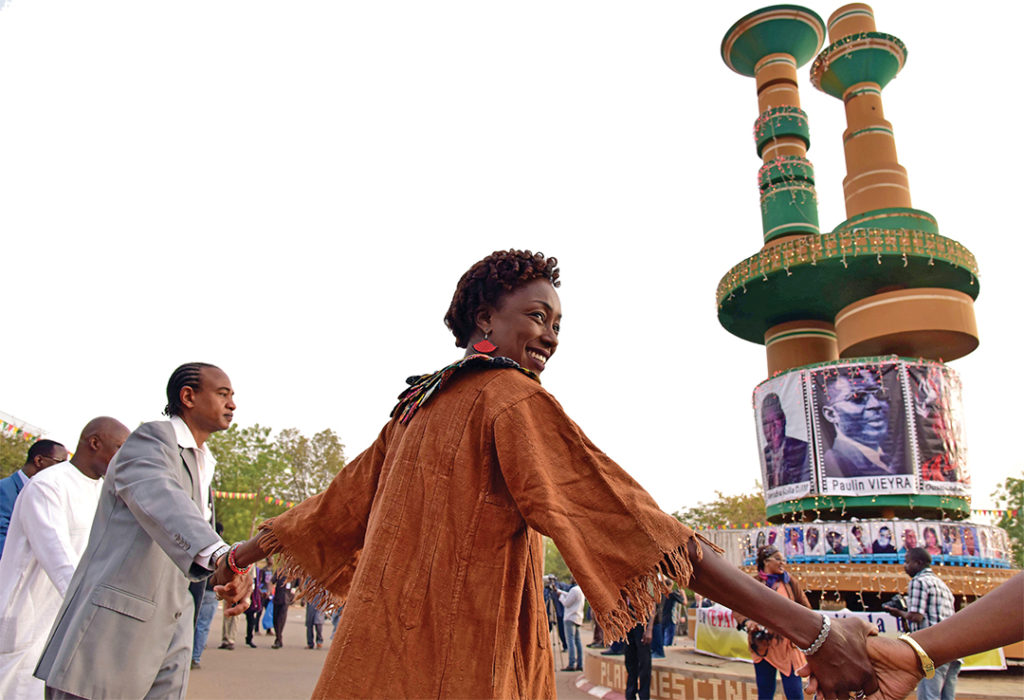VOICE OF AMERICA
Africa’s largest film festival, FESPACO, celebrated its 25th edition in 2017. The main venue, as always, was the old and respectable Cine Burkina, in the heart of Burkina Faso’s capital, Ouagadougou. The city used to have at least nine dedicated cinemas — now only two remain.
It is a picture that is repeated across the continent. In Senegal, don’t go looking for the Cinema de Paris, the old film temple at the Place de l’Independence in downtown Dakar. It’s gone. It was knocked down in 2011, and the space it left behind was filled with hotels and office blocks.
And in the Cameroonian capital of Yaoundé, there are no cinemas.
“Zero,” said Cameroonian culture journalist Parfait Tabapsi. “In Yaoundé, we’re 3 million [people], but we don’t have a single functioning cinema.”
The arrival of DVDs and the failure of the big cinemas to go digital are two of the reasons for the demise in West Africa. People can watch the latest Hollywood flicks — often pirated— for a pittance on TVs at little neighborhood viewing spots, but try to find any African films, besides perhaps a bit of Nollywood, and you will be disappointed.
Changing that is at the heart of Tabapsi’s work in Cameroon with an organization called Mobile Digital Cinema.
“Our aim is to bring movies to the places where they cannot go,” he said. “Because there’s no communication means, there’s no electricity, the roads are bad. But people need to see artists and directors that tell the story of Africa. So we buy the film rights and screen the films for free.”
And now, belatedly, the old-fashioned cinema is catching up.
The award-winning Chadian Mahamat-Saleh Haroun single-handedly revived Le Normandie, in the capital N’Djamena. And in Burkina Faso, another mythical cinema, Guimbi, in the country’s second-largest city of Bobo Dioulasso, is under reconstruction. The work started in mid-2015 and is the initiative of local filmmakers, along with the help of friends in Belgium and France. One hall will open later this year, and the full complex will be finished in 2018.
And, in Ouagadougou, this year’s FESPACO coincided with the opening of a new screening venue, the Canal Olympia Yennenga, a $3.2 million, 300-seat theater that is powered by solar panels. People will surely love this.
TOP: Senegalese actress Mouna N’Diye takes part in a memorial ceremony in tribute of the pioneers of African cinema at the FESPACO film festival in Ouagadougou, Burkina Faso. AFP/GETTY IMAGES

